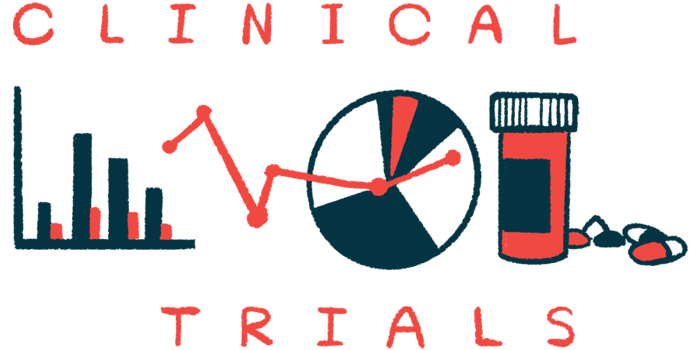Progressive MS Trial Finds Repeat Bone Marrow Infusion Safe, Feasible

Repeat harvesting of bone marrow cells and infusing them back into the bloodstream is safe and feasible in people with active progressive multiple sclerosis (MS), according to data from a small, proof-of-concept clinical trial.
Results were detailed in the study, “Repeat infusion of autologous bone marrow cells in progressive multiple sclerosis — A phase I extension study (SIAMMS II),” published in Multiple Sclerosis and Related Disorders.
The bone marrow is home to the stem cells that give rise to blood cells and immune cells. An emerging body of research has shown that these cells have immune-modulating and repair-promoting properties that may help to lessen or repair damage caused by MS.
In a preliminary Phase 1 clinical trial called SIAMMS, six people with progressive MS underwent a procedure where cells were harvested from their bone marrow, and then infused into the bloodstream that same day. A years’ worth of follow-up data showed that the procedure was generally well-tolerated, and measures of disability and disease activity were largely stable or showing improvement.
A Phase 2 clinical trial called ACTiMuS (NCT01815632), sponsored by North Bristol NHS Trust in England, is reported to be comparing this procedure against a placebo treatment in an estimated 80 people with progressive MS. The study’s main goal is to assess the effect of the procedure on electrical activity in nerves, called global evoked potential.
“ACTiMuS will therefore begin to address the question of whether a single infusion of autologous [from-the-self] bone marrow cells is of clinical benefit in progressive MS,” the researchers wrote.
Theoretically, repeated treatments with this procedure might yield additional benefits. However, whether the procedure can be safely repeated has not been tested.
To learn more, scientists in the U.K. conducted an extension study, dubbed SIAMMS II (NCT01932593). It enrolled four of the six progressive MS patients who had undergone the procedure in the SIAMMS study. Here, they underwent the procedure for a second time.
“The current study, SIAMMS II, is the first to investigate the safety and efficacy of repeat infusion of bone marrow-derived cell therapy for progressive MS,” the researchers wrote.
Its main goal was to assess the safety and feasibility of repeating the procedure, and results were positive, with the repeated procedure being generally well-tolerated by all four participants. Most reported minor side effects related to the surgical procedure done to retrieve bone marrow cells, like some pain or disorientation upon waking up after surgery.
A median of over 7.2 years had elapsed since the original SIAMMS study and the start of SIAMMS II, and all four patients had experienced notable disease progression during that period, the researchers wrote. Over a year of follow-up in SIAMMS II, measures of disability that included walking function, hand dexterity, and cognitive function, as well as nerve function, remained largely unchanged. No new or actively inflamed brain lesions were evident in the participants.
The result “demonstrates proof-of-concept that repeated bone marrow-derived cell therapy is feasible in patients with progressive MS,” the scientists concluded.
They stressed that this study was not designed to test the treatment’s effectiveness, noting a need for larger studies to explore these questions.







